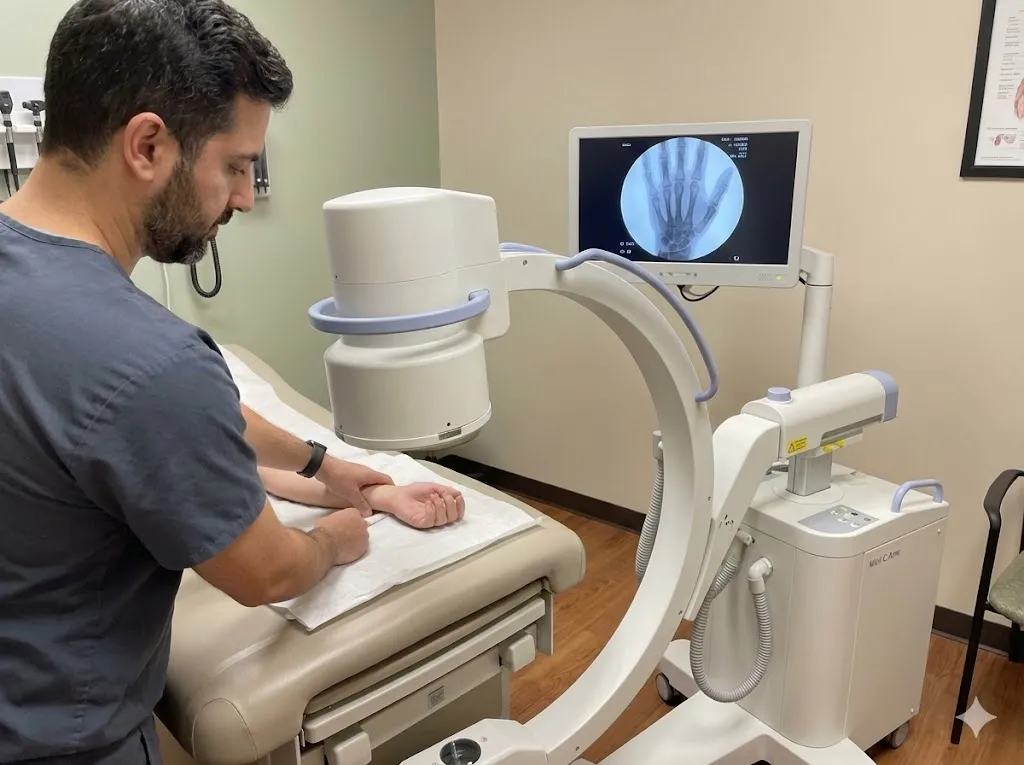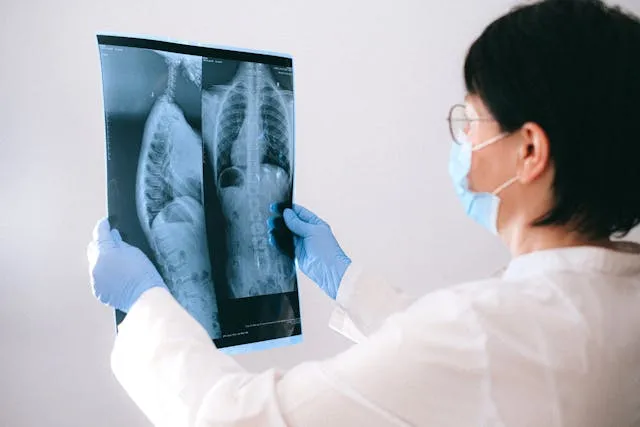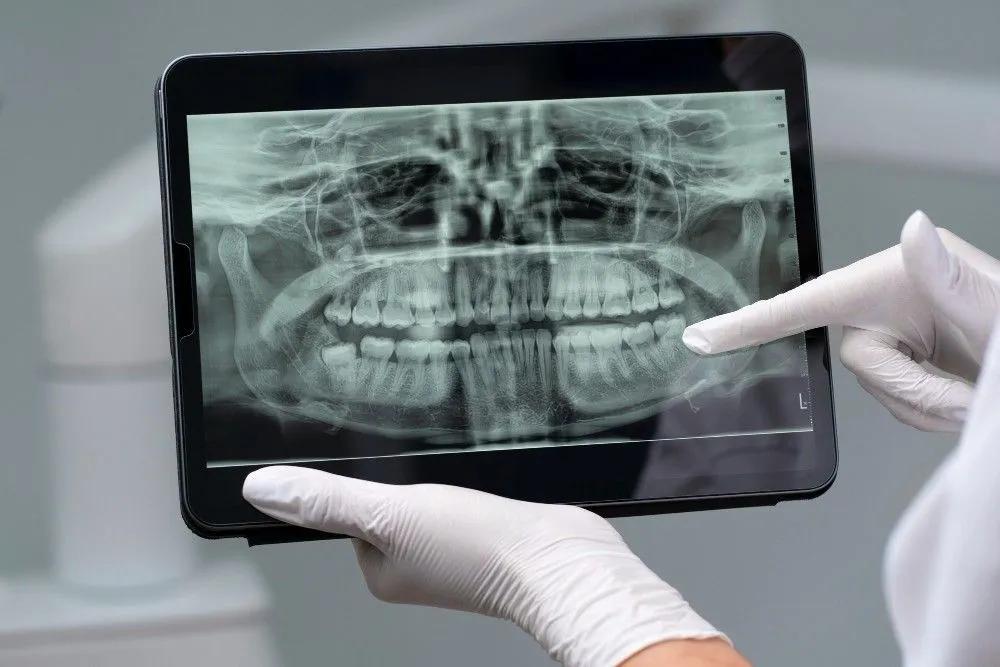You will visit a dental clinic for different services at least twice in your lifetime. If you think deeply about hygiene, this is one of the most sensitive areas. Dentists and technology experts have developed sterilization equipment to eliminate dental contaminations and risks for maximum safety.
You can purchase the equipment from a dental supply store. This inventory ensures your clinic or hospital maintains exceptional hygiene and medical safety. Critical examination is also required during purchase to maintain high practicality and work standards. You can consult with the local dental officers for further guidance.
Here are a few of them, alongside other helpful details.
Dental Autoclaves
Dental autoclaves are renowned sterilization equipment. Also called steam sterilizers, these devices disinfect dental essentials through vacuum or gravity techniques. Vacuum autoclaves sterilize tiny tools and areas hard to access.
However, gravity autoclaves can be used for standard tools like glassware and steel. There are three types of autoclaves in dentistry. Class S sterilizes extra-massive, multi-layered, and single-packed tools, Class B is for space-crunched pieces, and Class N is for naked solid tools except for fabrics.
Instrument Washer
Next on the dental sterilization equipment are the instrument washers used for cleaning tools ahead of primary sterilization. However, they use remarkable technology to remove debris from tools instead of general washing.
Washers have hot water, specialized cleaning energy, and surfactant techniques to guarantee no dirt is left behind. Automatic washers are more economical and practical than other options, especially for a large dental clinic. Additionally, they take less time (five to twenty-five minutes) depending on the size, configuration, and quantity of tools.
Ultrasonic Cleaners
These tools are good for all dental instruments and debris, making them super practical. They can access crunched spaces and even get rid of microscopic dirt better than other equipment. Ultrasonic cleaners are powered by electricity. As a result, no harmful chemicals are involved.
Furthermore, they come in stainless steel, providing a longer lifespan and cost-effectiveness. The different features of these cleaners, such as touch screen technology, digital timers, thermostats, and built-in heaters, can make them more convenient for you.
Sterilization Wraps and Pouches
The development of sterilization wraps and pouches is crucial to dental hygiene. As the name suggests, these pieces hold tools before and during sterilization. For instance, you can store a scaler, drill, excavator, or other dental tools in a wrap or pouch as they wait for sterilization.
This eliminates casual wraps on paper tools or dishes, which increase the risk of contamination. Wraps and bags should be made of medical-friendly materials for maximum safety.
Sterilization Trays and Cabinets
Another set of dental sterilization equipment is trays and cabinets. Likewise, sterilization trays and cabinets are used to organize dental tools. Nevertheless, they come with sterilization technology to allow disinfection of the tools during storage.
Many sterilization trays and cabinets are purchased alongside unique tools, allowing dentists to use them for the same essentials for a long time. However, you can still customize the configurations to suit different devices according to their shape and size. Generalized (non-partitioned) trays and cabinets are best for large quantities.
Wastewater Cooling
You can hardly talk about dental sterilizers without mentioning wastewater cooling systems. They are made to eliminate wastewater used in sterilizing dental tools. The systems eliminate contamination chances since you will not come into direct contact with the water at any point.
They are connected to sterilization machines, which collect water after every cycle and cool it before disposal. The cooling mechanism increases the pipe lifespan since the water from disinfection machines is too hot for them to handle. Again, you will no longer need the condensate tanks and bottles.
Choosing Dental Sterilization Equipment
When selecting dental sterilization equipment for your clinic or hospital, there are several critical factors to consider.
Firstly, the size of your dental practice greatly influences the kind of sterilization equipment you need. Large-scale operations typically require robust devices such as autoclaves, washers, and ultrasonic cleaners. These machines provide both efficiency and speed, ensuring uninterrupted workflow.
The materials used in your sterilization equipment should comply with medical-grade standards set by your province or state. Adhering to these regulations ensures maximum safety and keeps your practice legal-free.
Other considerations when purchasing dental sterilization equipment include compatibility with various tools, compliance with regulatory standards, and ease of use. Appliances with minimal maintenance needs are better to save costs.
Dental Sterilization Technology
Additionally, if you're operating a large dental clinic or hospital, you will likely need multiple machines that vary in type and design. Relying on a single piece of equipment can lead to inadequate disinfection and compromise hygiene standards because the tools might not be thoroughly sanitized.
Technology advancements have brought forth automated disinfectant equipment requiring minimal human supervision. Adopting such equipment can save time, allowing dental professionals to focus on other important duties.
Reviewed by







